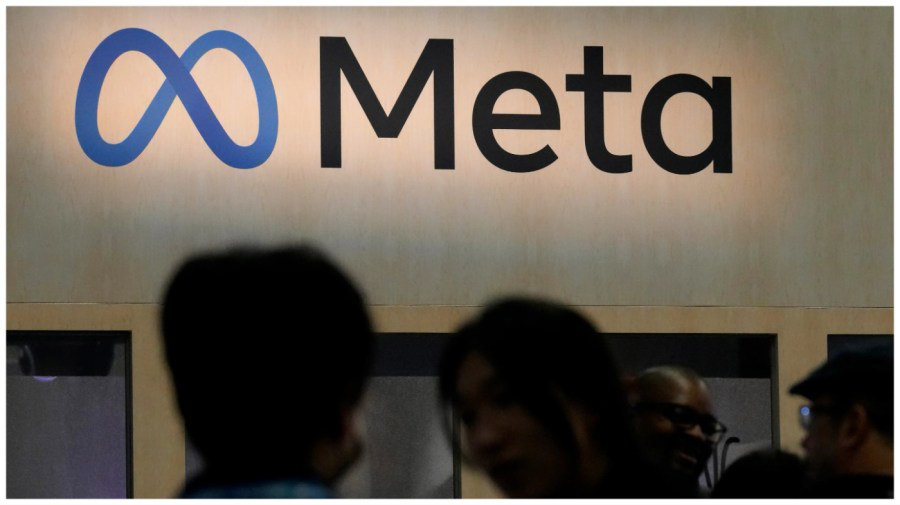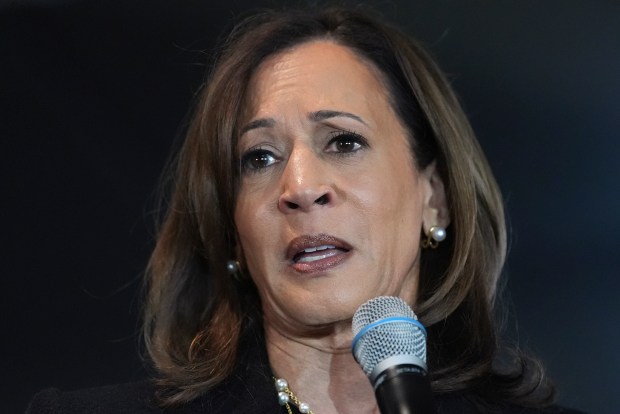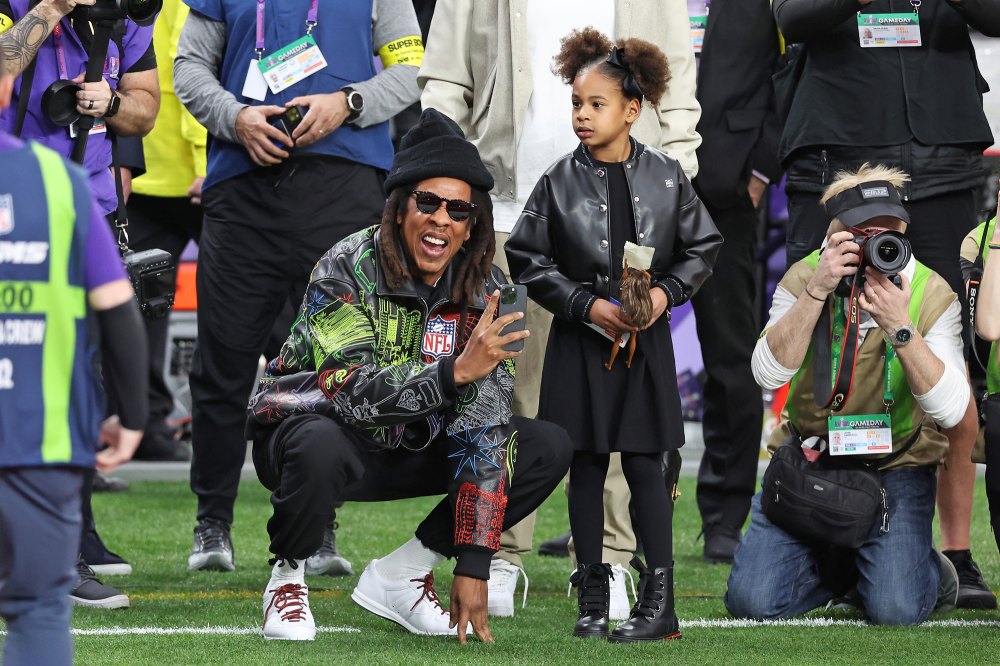FTC's Case Against Meta: The Fight For Instagram And WhatsApp

Table of Contents
Allegations of Anti-Competitive Acquisitions
The FTC's core argument rests on the claim that Meta engaged in anti-competitive practices through its acquisitions of Instagram and WhatsApp. The commission alleges that these acquisitions weren't about innovation or market expansion, but rather about eliminating nascent competitors that posed a threat to Meta’s dominance.
The Acquisition of Instagram
Meta acquired Instagram in 2012 for approximately $1 billion. The FTC alleges that this acquisition was designed to neutralize a rising competitor to Facebook.
- Key Date: April 2012
- Valuation: Approximately $1 billion
- Alleged Anti-Competitive Actions: The FTC claims that after the acquisition, Meta took steps to suppress Instagram's growth as a stand-alone competitor and integrated it tightly into its ecosystem, stifling potential rivals. This allegedly involved limiting interoperability with other platforms and leveraging Instagram's user data to enhance Facebook's market position.
While official FTC documents related to this aspect of the case are extensive, they are complex and often require legal interpretation. For detailed information, one can consult the FTC's official website and filings associated with the case.
The Acquisition of WhatsApp
Similarly, Meta's acquisition of WhatsApp in 2014 for $19 billion is under intense scrutiny. The FTC contends that this acquisition was also strategically motivated to eliminate a growing threat and consolidate Meta's dominance in the messaging app market.
- Key Date: February 2014
- Valuation: $19 billion
- Alleged Anti-Competitive Actions: The FTC's argument centers on the integration of WhatsApp's data with Facebook's extensive user data pool, alleging this facilitates targeted advertising and user manipulation across platforms. The potential for cross-platform data sharing was a central concern in the FTC's case.
Accessing the FTC's public filings provides further insight into the specific claims concerning WhatsApp's acquisition.
Meta's Defense Strategies
Meta vigorously defends its acquisitions, arguing that they were pro-competitive and ultimately benefited consumers.
Arguments Against Anti-Competitive Behavior
Meta's defense rests on several key points:
- Innovation and Integration: Meta contends that integrating Instagram and WhatsApp fostered innovation, leading to enhanced features and a better user experience.
- Consumer Benefits: The company argues that users benefited from the combined platforms' features and functionalities.
- Market Dynamics: Meta emphasizes that the social media market is dynamic and competitive, with numerous other players vying for users' attention. They dispute claims of significant market share dominance.
Official statements and legal filings from Meta should be consulted for a complete understanding of its counterarguments.
Emphasis on Innovation and Competition
Meta stresses its ongoing investment in innovation and highlights the numerous competitors in the social media space. They argue that their acquisitions allowed for greater innovation and didn't stifle competition, instead creating a more robust and diversified market.
Potential Outcomes and Implications
The FTC's case against Meta could have several outcomes.
Possible Outcomes of the Lawsuit
- Divestiture: The most drastic outcome would be a court order forcing Meta to divest itself of either Instagram or WhatsApp.
- Fines: Significant financial penalties could be imposed on Meta.
- Structural Changes: The court may mandate structural changes to Meta's operations to address anti-competitive concerns.
Each of these outcomes would significantly impact Meta's market position and potentially alter the user experience.
Impact on the Future of Social Media
This case has broader implications for the future regulation of social media mergers and acquisitions:
- Increased Scrutiny: Expect increased regulatory scrutiny of future acquisitions in the tech industry, potentially leading to stricter guidelines and more rigorous reviews.
- Legislative Changes: This case could spur legislative changes aimed at regulating the power of large tech companies and preventing anti-competitive practices.
- Impact on Competitors: The outcome will undoubtedly impact the strategies and behavior of other tech giants, potentially leading to a more cautious approach to mergers and acquisitions.
The potential consequences extend far beyond Meta, affecting the competitive landscape of the entire social media industry.
The Future of FTC's Case Against Meta: Instagram, WhatsApp, and Beyond
The FTC's case against Meta, focusing on the acquisitions of Instagram and WhatsApp, is a landmark legal battle with profound implications for the future of social media. The arguments presented, the potential outcomes, and their subsequent impact on the competitive landscape are all critical considerations. The key takeaway is that this case highlights the increasing scrutiny of large tech companies and their practices. It sets a precedent for future regulatory actions and has significant consequences for the entire digital ecosystem.
What do you think the ultimate outcome of this case will be, and how will it shape the future of social media? Stay informed about the ongoing developments in this crucial case by following future updates regarding the FTC's case against Meta, Instagram, and WhatsApp.

Featured Posts
-
 Goodbye Uk Coronation Street Actor Secures New Role Overseas
Apr 30, 2025
Goodbye Uk Coronation Street Actor Secures New Role Overseas
Apr 30, 2025 -
 Kamala Harris Leadership Questioned After Election Silence
Apr 30, 2025
Kamala Harris Leadership Questioned After Election Silence
Apr 30, 2025 -
 The Spd And Germanys New Coalition From Powerhouse To Supporting Cast
Apr 30, 2025
The Spd And Germanys New Coalition From Powerhouse To Supporting Cast
Apr 30, 2025 -
 Louisville Residents Submit Storm Debris Pickup Requests Now
Apr 30, 2025
Louisville Residents Submit Storm Debris Pickup Requests Now
Apr 30, 2025 -
 Blue Ivy And Rumi Carters Super Bowl 2025 Appearance Are They Twins
Apr 30, 2025
Blue Ivy And Rumi Carters Super Bowl 2025 Appearance Are They Twins
Apr 30, 2025
